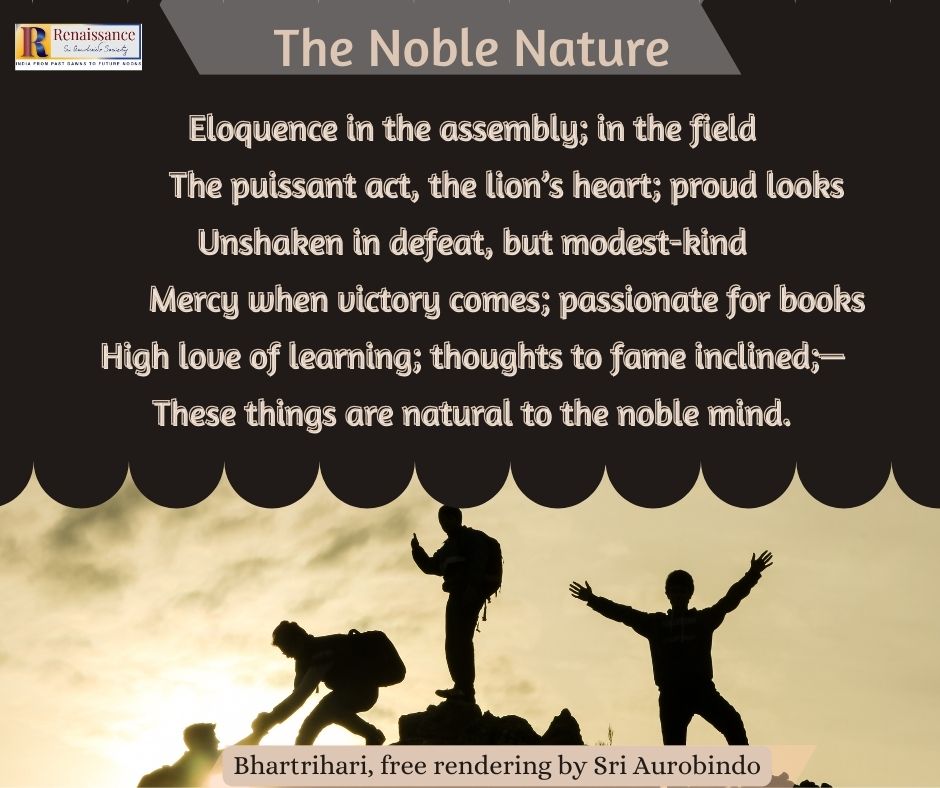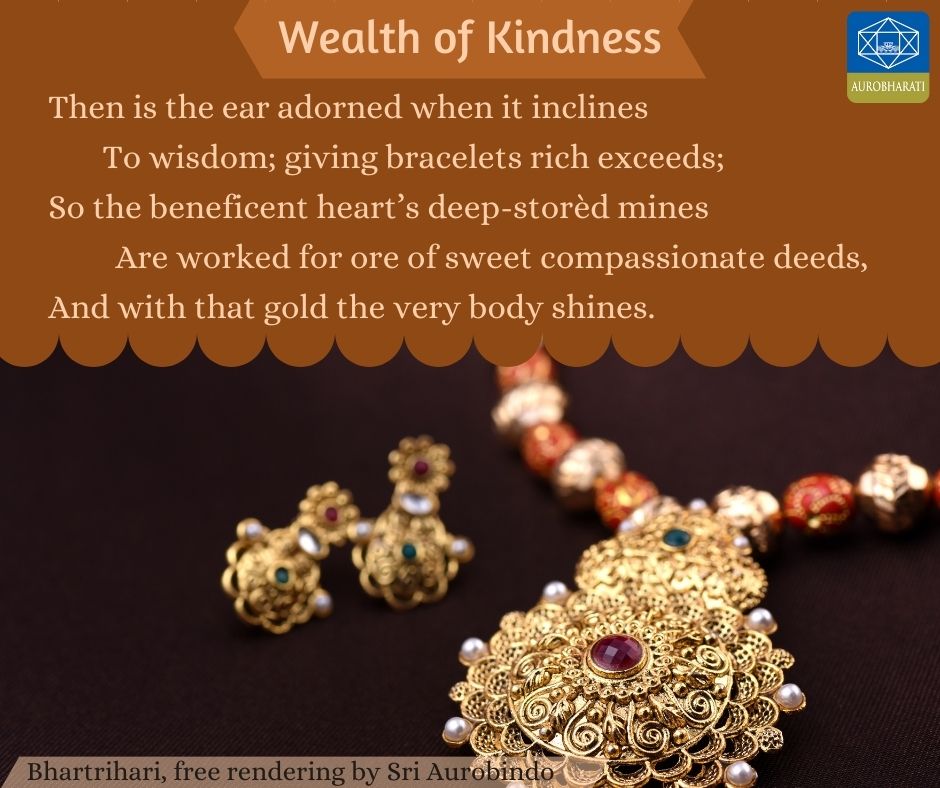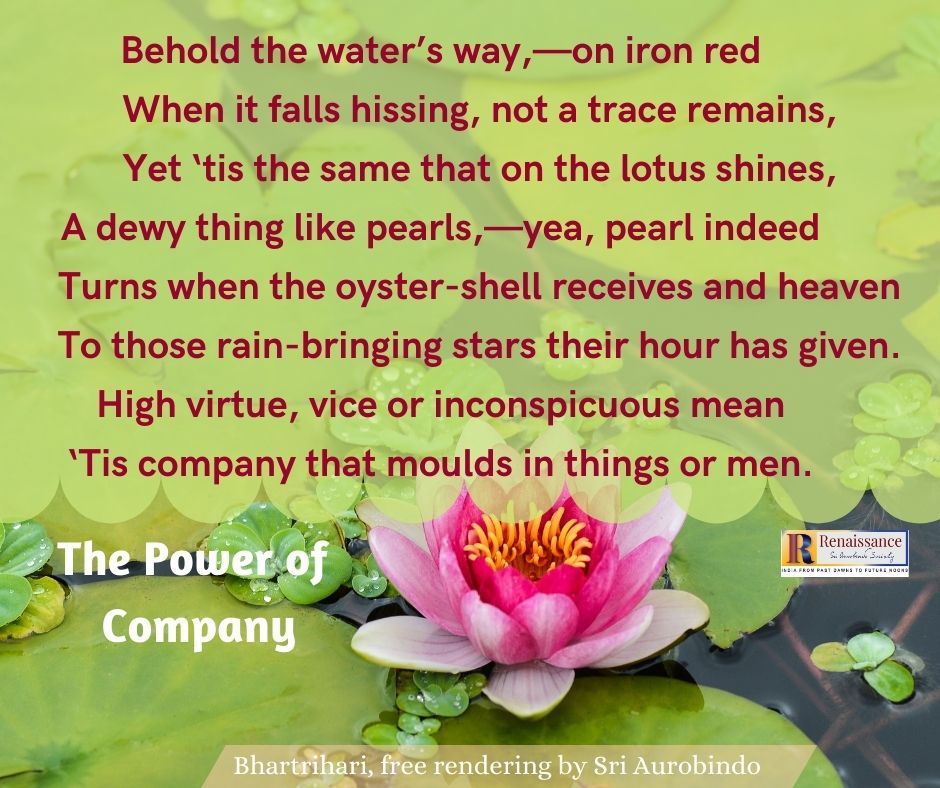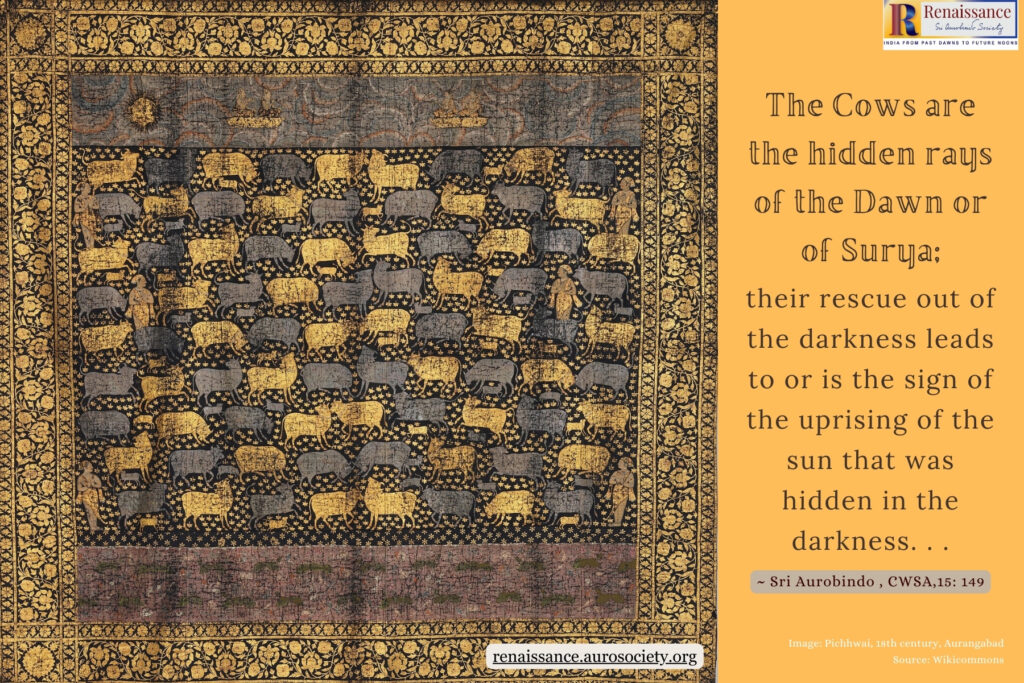Editor’s note: In Indian knowledge systems, nītiśāstra (नीतिशास्त्र) is a branch of knowledge that deals with moral and ethical values. In Indian tradition, ethics, virtues, moral values and right conduct find their origin in the larger dharmic and philosophical thinking. Good and virtuous conduct is considered essential for a fulfilling and contented life.
It is generally accepted that only by following the path of righteousness, by doing good deeds and avoiding wrong-doing, one becomes ready to pursue the supreme goal of life, namely, spiritual liberation. Nītiśāstra is the general name given to the texts which give practical advice for individual and social well being, keeping in consideration the four pursuits of human life (purushārthas — dharma, artha, kāma and mokśa). Because these texts also included a great deal of policy and worldly wisdom, they served as important resources for the education of princes, ministers and other people in leadership roles.

Bhartrihari’s Nitishataka, hundred verses on nīti (a word which generally means right conduct, practice, propriety, guidance, etc.) is one such Nītiśāstra. Sri Aurobindo had rendered these verses freely into English. We present a few of these in our ‘Goodness’ themed issue.
~ Beloo Mehra

For Sri Aurobindo’s note on Bhartrihari, click HERE.
The High and Difficult Road
To give in secret as beneath a shroud;
To honour all who to thy threshold come;
Do good by stealth and of thy deeds be dumb,
But of another’s noble acts be proud
And vaunt them in the senate and the crowd;
To keep low minds in fortune’s arrogant day;
To speak of foemen without scorn or rage;
What finger appointed first this roughest way
Of virtue narrower than the falchion’s edge?
Adornment
The hand needs not a bracelet for its pride,
High liberality its greatness is;
The head no crown wants to show deified,
Fallen at the Master’s feet it best doth please.
Truth-speaking makes the face more bright to shine;
Deep musing is the glory of the gaze;
Strength and not gold in conquering arms divine
Triumphs; calm purity the heart arrays.
Nature’s great men have these for wealth and gem;
Riches they need not, nor a diadem.
The Softness and Hardness of the Noble
Being fortunate, how the noble heart grows soft
As lilies! But in calamity’s rude shocks
Rugged and high like a wild mountain’s rocks
It fronts the thunders, granite piled aloft.

The Ways of the Good
Who would not honour good men and revere
Whose loftiness by modesty is shown,
Whose merits not by their own vaunts appear,
Best in their constant praise of others known,
And for another’s good each power to brace
To passionate effort is their selfishness?
Hark to their garrulous slanderer’s gurge of blame
Foaming with censure violent and rude!
Yet they revile not back, but put to shame
By their sweet patience and calm fortitude.
Such are their marvellous moods, their noble ways,
Whom men delight to honour and to praise.

True Wealth
Knowledge is truest wealth, not this which dies,—
It cherishes a strange deep peace within
Unutterably, nor the robber’s eyes
Ever shall find it out; to give it is gain,
It then grows most when parted with, and poured
With sleepless hand fills gloriously its lord.
Worlds perish may, Knowledge survives their fall;
This wise men cherish; O Kings, your pride recall,
You have but wealth, they inner royalty
Of lordliest wisdom. Who with these shall vie?
The Good Friend
Thus is the good friend pictured by the pens
Of good men:—still with gentle hand he turns
From sin and shame his friend, to noble gains
Still spurs him on; deep in his heart inurns
His secret errors, blares his parts abroad,
Gives at his need, nor takes the traitor’s road
Leaving with facile wings when fortune spurns.
The Nature of Beneficence
Freely the sun gives all his beams to wake
The lotus slumbering in the darkened lake;
The moon unasked expends her gentle light,
Wooing to bloom her lily of the night;
Unasked the cloud its watery burden gives.
The noble nature in beneficence lives;
Unsought, unsued, not asking kindness back
Does good in secret for that good’s sole sake.

The Abomination of Wickedness
Rare are the hearts that for another’s joy
Fling from them self and hope of their own bliss;
Himself unhurt for others’ good to try
Man’s impulse and his common nature is:
But they who for their poor and selfish aims
Hurt others, are but fiends with human names.
Who hurt their brother men themselves unhelped,
What they are, we know not, nor what horror whelped.
The Aryan Ethic
Hear the whole Gospel and the Law thereto:—
Speak truth, and in wise company abide;
Slay lust, thine enemy; abandon pride;
Patience and sweet forgiveness to thee woo;
Set not in sin thy pleasure, but in God;
Follow the path high feet before thee trod;
Give honour to the honourable; conceal
Thy virtues with a pudent veil of shame,
Yet cherish to the end a stainless fame;
Speak sweetness to thy haters and their weal
Pursue; show pity to unhappy men,
Lift up the fallen, heal the sufferer’s pain.
The High and Difficult Road
To give in secret as beneath a shroud;
To honour all who to thy threshold come;
Do good by stealth and of thy deeds be dumb,
But of another’s noble acts be proud
And vaunt them in the senate and the crowd;
To keep low minds in fortune’s arrogant day;
To speak of foemen without scorn or rage;
What finger appointed first this roughest way
Of virtue narrower than the falchion’s edge?
Good Company
Company of good men is a very soil
Of plenty, yielding all high things to man.
The dull weight of stupidity it can
Lift from the mind and cleanse of falsehood vile,
Sprinkling truth’s fragrance sweet upon the speech;
And it can point out greatness’ rising path,
And drive out sinful lust and drive out wrath,
And a calm gladness to the senses teach;
Glory that to the very stars would climb,
Can give thee, conquering thy heart and time.

Also see:
Pursuit of Goodness – A Teacher Education Resource featuring Bhartrihari
~ Design: Biswajita Mohapatra and Beloo Mehra



